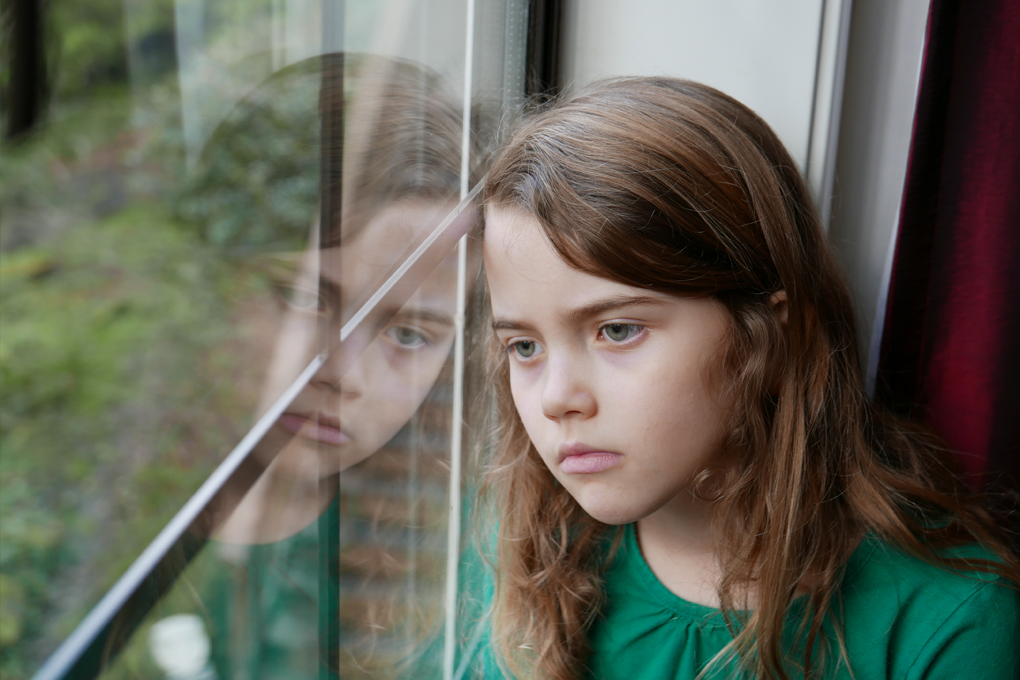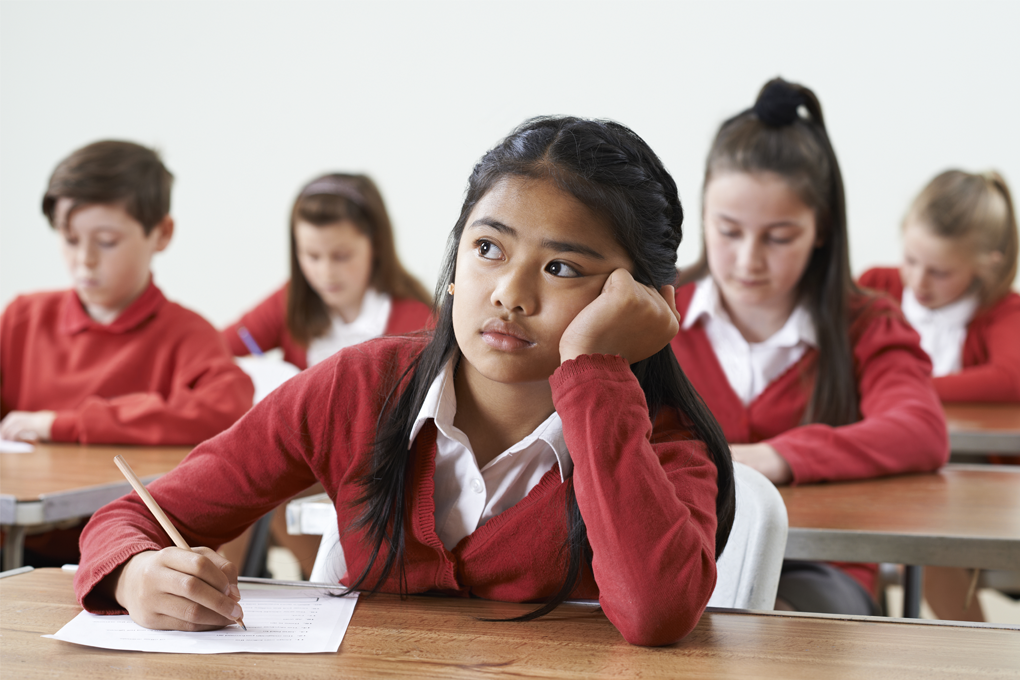As 2020 draws to a close we have collated the most popular online content, from our website. We would like to thank all of our collaborators who are helping us in ‘Sharing best evidence, improving practice’.
We ask all of you reading, listening and viewing our content, to help us, by sharing our content with your colleagues. Thank you for your continued support and interest, and being part of the advancement of child and adolescent mental health.
Top 5 Most Read Blogs in 2020

Somia Imran
A Cross-cultural Examination of Attachment Relationships and Mental Health in Adolescents by Somia Imran – From January 2020
Adolescents’ wellbeing has become a global mental health concern due to the increase in mental health symptoms such as anxiety and depressive symptoms in this developmental stage (Camilletti, 2018). It is expected that research into protective factors such as attachment, coping and wellbeing will help inform our understanding of these mental health challenges (Camilletti, 2018). Additionally, cultural dimensions of individualism versus collectivism could influence adolescent development and mental health. Read the full blog.

Identifying mental health difficulties in children & young people: the role of schools by Emma Soneson And Professor Tamsin Ford CBE – From August 2020
National survey data show that 1 in 8 children and young people (CYP) has a clinically diagnosable mental health disorder. Yet, only around a quarter of these CYP will access specialist mental health services. This means that there is a significant unmet need for care and support. Read the full blog

Allowing young children to play with their friends must be prioritised as soon as possible when lockdown is eased by Dr. Kathryn Lester – From June 2020
While the Covid-19 pandemic has posed a lower risk of physical health problems for children, it has transformed the social lives of children more rapidly than anyone could have imagined. Read the full blog

Some simple steps to using principles from Behavioural Activation to improve the mood of Children and Families who are at home and self-isolating by Dr. Andrew Beck – From May 2020
Children and families have been managing self-isolation for over a month now and this is likely to continue in one form or another for the foreseeable future. One of the challenges they will face is how to spend time at home in a way that maintains a good mood and which does not increase feelings of sadness, isolation and a sense of lacking a purpose. This can make depression worse in people who are already struggling and lead to low mood in people who might be vulnerable. In this short article we are going to look at how an evidence based treatment for depression called Behavioural Activation (BA) could be helpful. Read the full blog

Increasing knife crime: Aggressive Adolescents or Traumatized Teenagers? by Georgia Harvey – From April 2020
According to the Office for National Statistics, in 2018, almost 43,000 knife related offences were reported to the police across England and Wales, excluding Manchester (Allen et al., 2019). That is almost 118 incidents a day; 1 in 5 of these offenders were aged only 10-17 years old. So why are there reportedly so many young people carrying knives? Well, let me introduce you to one hypothesis explaining these figures, which focuses on trauma and anxiety. Read the full blog
See the full list of blogs
Top 5 most Listen to Podcasts in 2020
Dr. Emily McGlinchey, and Dr. Joseph Morning discuss Harnessing Emotional Regulation Skills.
Dr. Karen Treisman discusses areas of trauma and trauma enforcing models, parenting, adversity (ACE’s) and attachment, and using a range of creative therapeutic approaches with families.
Professor Argyris Stringaris discusses his research and the NIMH (National Insitute of Mental Health) with freelance Journalist Jo Carlowe.
Professor Anne-Laura Van Harmelen talks about her new appointment of Professor of Brain Safety and Resilience, the work of Risk and Resilience Group, and its work on HOPES project and RAISE Study.
Professor Sue Fletcher-Watson discusses developmental disabilities, in particular in autism, how children develop and learn, and in particular in cases where this follows an unusual trajectory.
Browse more podcasts
Top 5 Most Read Research Digests in 2020 from The Bridge

Who can best support young people who self-harm? From August 2020
A new study published in Child and Adolescent Mental Health has investigated what forms of support young people who self-harm find helpful. A team of researchers based in the UK recruited 126 adolescents (aged 11-21 years) who all had a history of self-harming within the past 6 months: 53 had experienced the care system and 73 had not. Read the full research digest.

Are school-based interventions for depression and anxiety symptoms effective? From July 2020
Brioney Gee and colleagues in the UK recently compiled a Practitioner Review for the Journal of Child Psychology and Psychiatry on the effectiveness of school-based interventions for adolescent depression and anxiety. Their review looks specifically at the evidence on indicated school-based interventions that aim to reduce symptoms in young people already experiencing mental health symptoms. Read the full research digest.

Online CBT is ineffective for treating adolescent anxiety From March 2020
Researchers in Reading, UK have assessed whether self-completed, therapist-supported online cognitive behavioural therapy (CBT) for adolescent anxiety disorders is an effective treatment approach. Data obtained from 60 adolescents showed that there is no difference in patient outcomes between those receiving the “BRAVE for Teenagers-ONLINE” treatment1 and waitlist controls. Read the full research digest.

ICD-10 versus ICD-11: the effects of PTSD diagnoses From July 2020
2018 saw the release of the 11th edition of the International Classification of Diseases (ICD-11) by the World Health Organization.1 Here, substantial changes relative to ICD-10 were made to the criteria for post-traumatic stress disorder (PTSD). Now, data from a study recently published in the Journal of Child Psychology and Psychiatry have shed light on the clinical utility of these revisions in the ICD-11. Read the full research digest.

Do the same mechanisms drive social anxiety in autistic and neurotypical adolescents? From June 2020
Researchers at King’s College London have recently published data on how cognitive, emotional and sensory factors are associated with social anxiety in adolescents with autism. Hannah Pickard and colleagues studied 61 autistic adolescents and 62 neurotypical adolescents who had similarly high levels of anxiety. Read the full research digest.
Take a look at all our research digests, published in The Bridge
Top 5 Most Watched Video Abstracts in 2020
Dr. Ebba Du Rietz gives a video abstract of her paper ‘Trajectories of healthcare utilization and costs of psychiatric and somatic multimorbidity in adults with childhood ADHD: a prospective register‐based study’
Brioney Gee gives a video abstract of her ‘Practitioner Review: Effectiveness of indicated school‐based interventions for adolescent depression and anxiety – a meta‐analytic review’.
Leah Richmond‐Rakerd gives a video abstract of her paper ‘A polygenic score for age‐at‐first‐birth predicts disinhibition’
Yasmin Ahmadzadeh summarising her paper published in the JCPP, ‘Anxiety in the family: a genetically informed analysis of transactional associations between mother, father and child anxiety symptoms’
Professor Susan Spence on her JCPP paper ‘Internet‐delivered cognitive behavior therapy with minimal therapist support for anxious children and adolescents: predictors of response.’
More Video Abstracts are available in our Feeview section.
Top 5 Most Watched Lectures in 2020
Dr. Patricia M. Crittenden gives her lecture on ‘Psychological Trauma & Resilience: A Strengths Perspective’. ACAMH members can now receive a CPD certificate for watching this recorded lecture. Simply email membership@acamh.org with the day and time you watch it, so we can check the analytics, and we’ll email you your certificate.
Professor Tamsin Ford CBE – ‘Supporting children’s mental health as schools re-open’. ACAMH members can now receive a CPD certificate for watching this recorded lecture. Simply email membership@acamh.org with the day and time you watch it, so we can check the analytics, and we’ll email you your certificate.
Professor Charles Hulme, ‘Identifying and remediating children’s language difficulties’. ACAMH members can now receive a CPD certificate for watching this recorded lecture. Simply email membership@acamh.org with the day and time you watch it, so we can check the analytics, and we’ll email you your certificate.
https://youtu.be/s6SGeSO1QFw
Dr. Dennis Ougrin lecture on ‘Self-harm and Suicide in Adolescents’
Professor Dame Uta Frith ‘The fear of categories – can we overcome it?’
More Lectures are available in our Feeview section.